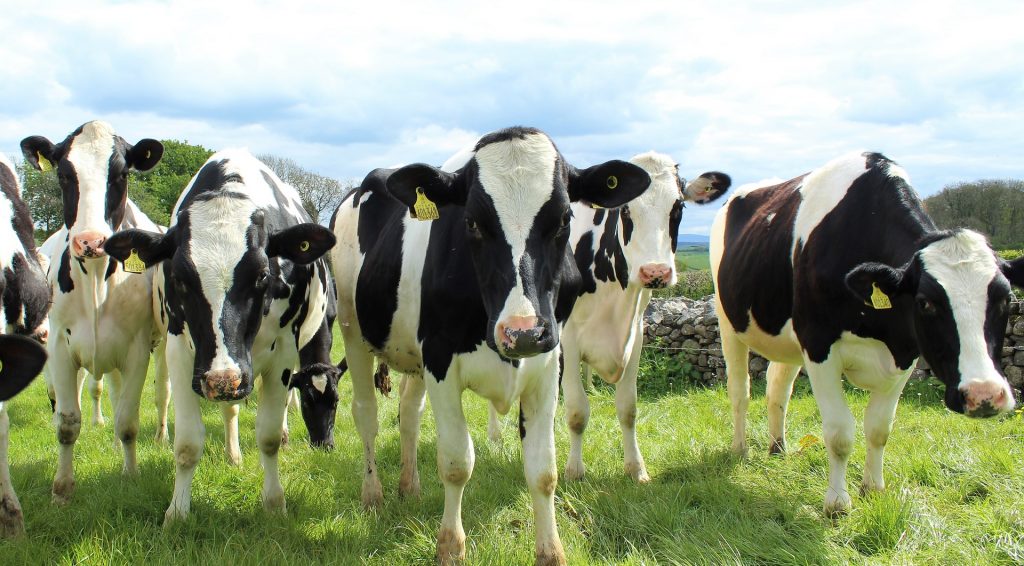Ireland exceeds EU emissions ceilings for nitrogen oxide and ammonia

July 9th, 2018
Emissions from agriculture and transport continue to pose problems for air quality targets, a new European report has found.
The report from the European Environment Agency (EEA), the EU’s independent environmental body, shows that Ireland exceeded EU limit value for nitrogen oxides and ammonia.
The EEA briefing outlines progress made by the EU and its Member States in meeting the emission ceilings since 2010 as set out in the National Emission Ceilings Directive.
The four main air pollutants are nitrogen oxides (NOx), non-methane volatile organic compounds (NMVOCs), sulphur dioxide (SO2), and ammonia (NH3).
The report found that emissions increased in 15 EU member states between 2015 and 2016, with Italy, the United Kingdom and Ireland reporting the highest increases.
In 2016, Ireland exceeded its ceiling for nitrogen oxides and ammonia and asked for adjustments on its ceiling levels. If approved, Irish emissions would fall below all of their respective ceilings.
Ireland exceeded its nitrogen oxides ceiling by 40 per cent, with only one other country exceeding its ceiling. Austrian exceeded its ceiling by just 2 per cent.
Ireland breached its ammonia ceiling by just one per cent. with emissions linked mainly to agriculture.
“Emissions from agriculture and transport continue to pose problems for European Union Member States in meeting EU and United Nations air pollution limits,” an EEA statement stated today.

holstein-cattle Photo: CallyL
Air pollution and health
Air pollution is the single largest environmental risk to human health in the EU. It causes respiratory problems and can shorten lifespans.
A 2016 Environmental Protection Agency (EPA) report states on air quality found that ‘air pollution presents one of the biggest environmental threats to public health and ecosystems.
Recently, the EEA estimated that there were 1,510 premature deaths in Ireland in 2014 due to poor air quality, with a figure of 520,400 premature deaths across the EU.
According to the Health Service Executive (HSE), Ireland has the fourth highest prevalence of Asthma worldwide.
Measures to improve air quality
The EU’s has called for a shift toward more sustainable forms of transport such as walking, cycling and electric vehicles in a bid to tackle air pollution issues.
In Ireland, the National Ambient Air Quality Monitoring Programme (AAMP) outlines a number of goals for air quality improvement, including making real-time air quality forecasting available to the public.
The programme will also establish a new national monitoring network across Ireland to better identify poor quality air sources.
In addition to this, the proposed Clean Air Strategy for Ireland is expected to highlight air pollution issues and offer policy solutions to address public health and environmental challenges.
[x_author title=”About the Author”]







